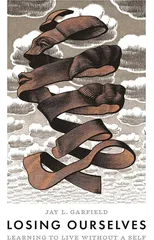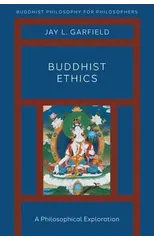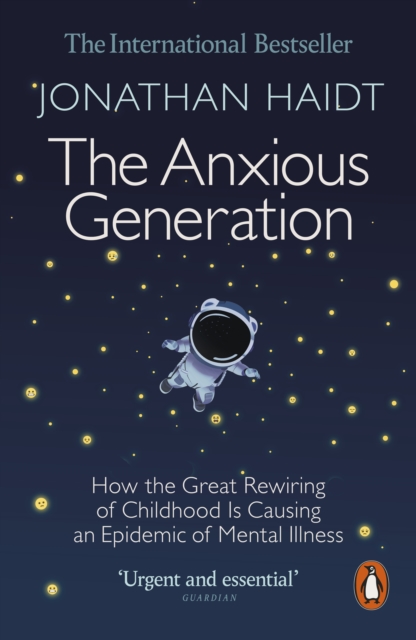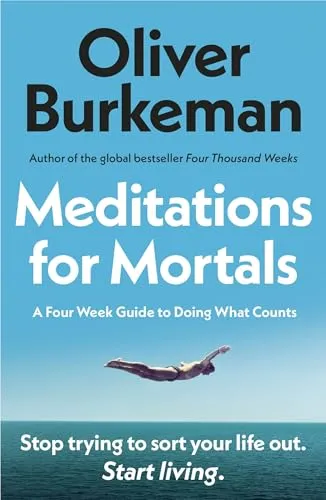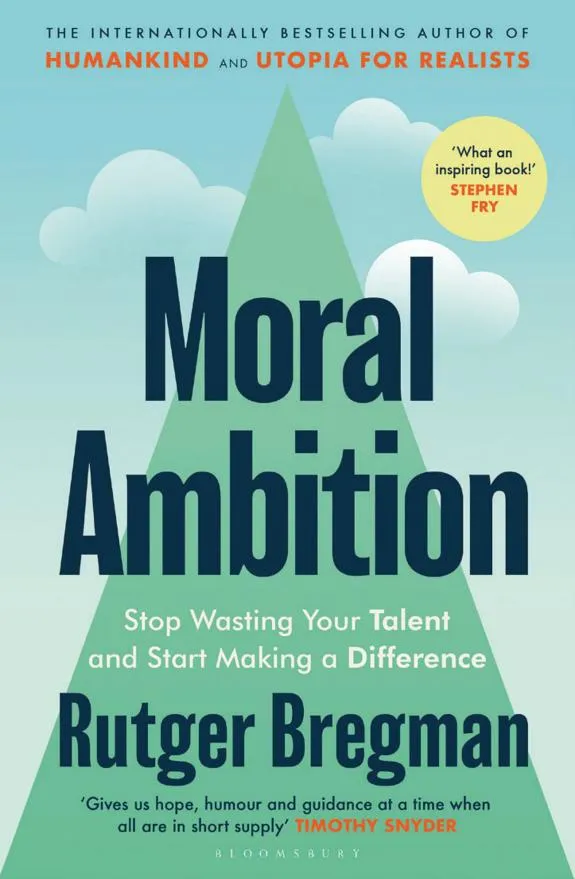How to Lose Yourself
An Ancient Guide to Letting Go
(Author) Jay L. Garfield The Buddha"A central tenet of Buddhism is the idea that the self is an illusion and by relinquishing it, our self-centered impulses melt away. But what does it mean not to have a self, and how does one go about ridding oneself of the idea? Drawing from early Buddhist texts and scriptures from the Theravada, Tibetan Indian, and Chinese Zen traditions, this will be the first non-Greco-Roman volume in our Ancient Wisdom for Modern Readers (AWMR) series. Jay Garfield, Maria Heim, and Robert Sharf introduce and translate the key texts they individually know best. They show how these texts argue that while we exist as conventionally constituted, interdependent persons, we have no self, or core that makes us who we are. More importantly, they reveal that this approach is not nihilistic, but rather, a positive way of thinking about personal identity, ethics, and our place in the world"--
Jay L. Garfield
Jay L. Garfield is a renowned American philosopher and scholar known for his work in Buddhist philosophy and cognitive science. His most famous work, "Engaging Buddhism: Why It Matters to Philosophy," explores the intersection of Buddhist thought and Western philosophy. Garfield's clear and accessible writing style has made his work influential in both academic and popular circles.

